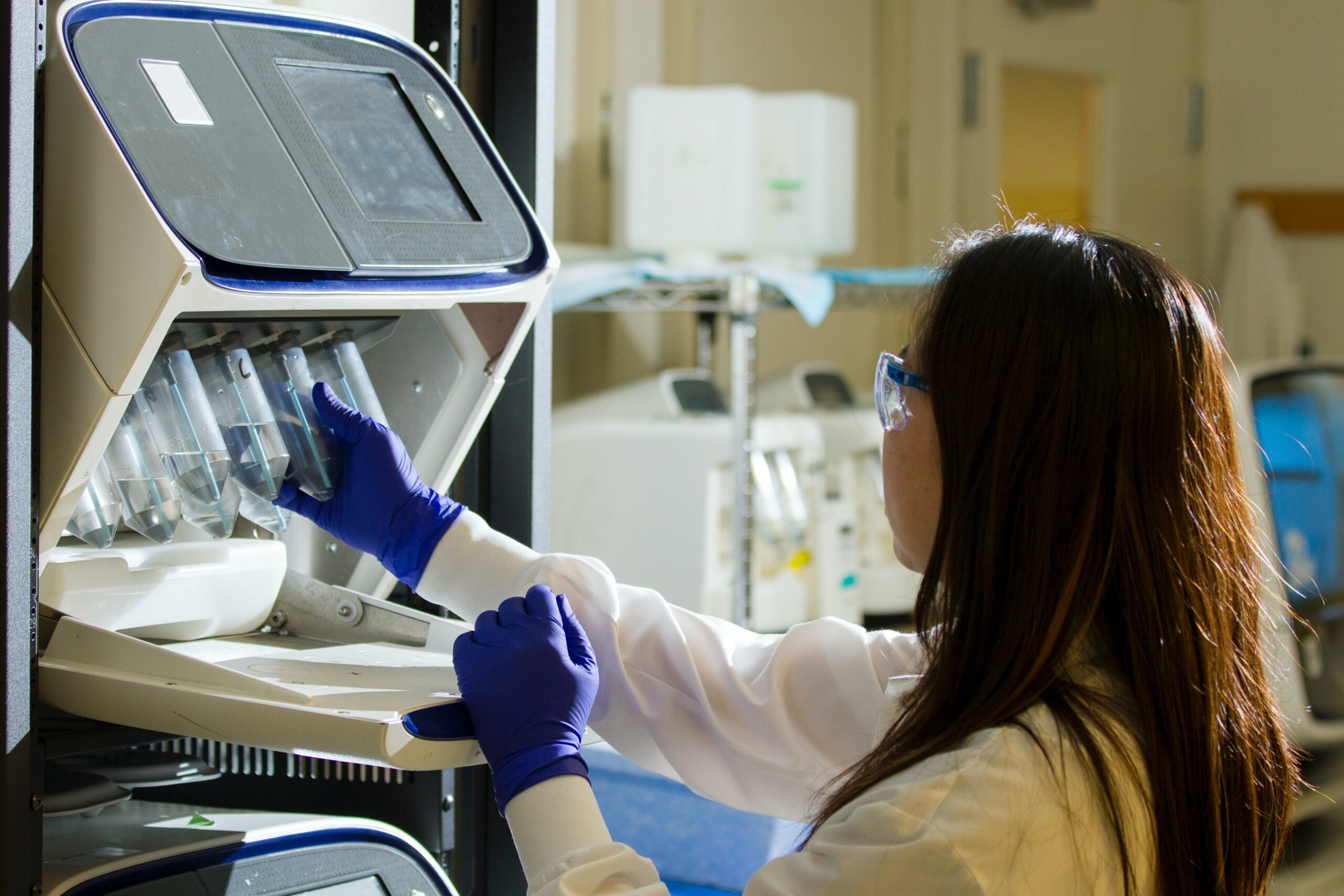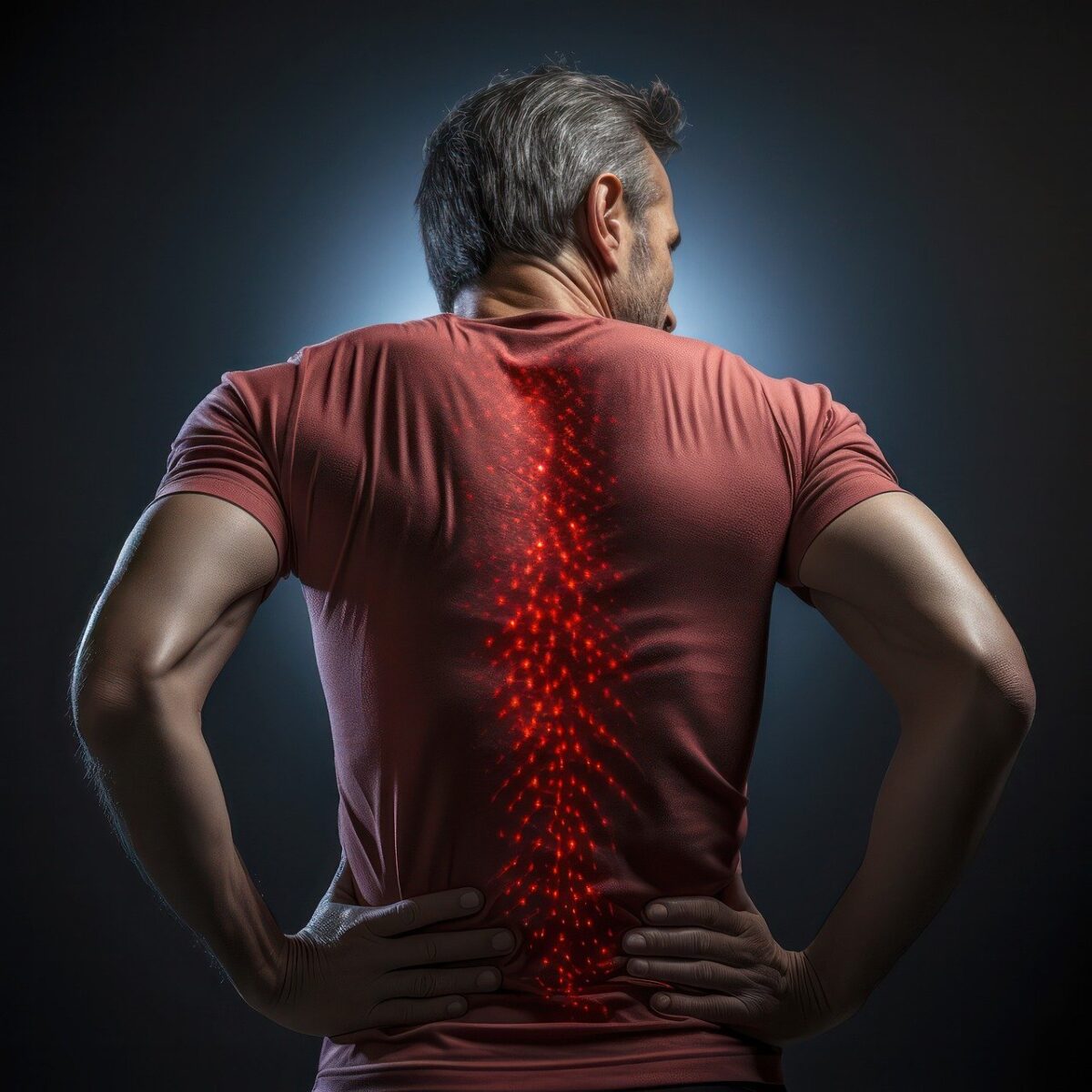In the intricate tapestry of technological advancements, few threads are as intertwined and impactful as biotechnology and healthcare. The marriage of biology and technology has given rise to innovations that are revolutionizing the diagnosis, treatment, and understanding of diseases. This article delves into the symbiotic relationship between biotechnology and healthcare, exploring the transformative influence on medical research, personalized medicine, and the broader landscape of global health.
- Biotechnology’s Impact on Medical Research:
Genomic Revolution:
Central to the marriage of biotechnology and healthcare is the genomic revolution. Advancements in DNA sequencing technologies, propelled by biotechnological innovations, have unlocked the secrets of the human genome. This wealth of genetic information has paved the way for groundbreaking discoveries in understanding the genetic basis of diseases, enabling researchers to identify predispositions, markers, and potential therapeutic targets.
CRISPR-Cas9:
The development of the CRISPR-Cas9 gene-editing technology stands as a landmark achievement in biotechnology. This revolutionary tool allows precise and targeted modifications to the genetic code, offering unprecedented opportunities for the treatment of genetic disorders. CRISPR’s potential spans from correcting faulty genes to engineering cells for therapeutic purposes, ushering in a new era of personalized and precise medicine.
- Personalized Medicine and Targeted Therapies:
Tailoring Treatment Plans:
Biotechnology has paved the way for a paradigm shift in healthcare from a one-size-fits-all approach to personalized medicine. The ability to analyze an individual’s genetic makeup, along with other omics data, allows healthcare professionals to tailor treatment plans based on the specific characteristics of a patient. This targeted approach not only enhances treatment efficacy but also minimizes side effects.
Immunotherapy and Biopharmaceuticals:
Biotechnology has significantly contributed to the development of biopharmaceuticals and immunotherapy. Monoclonal antibodies, engineered proteins, and cellular therapies are revolutionizing the landscape of cancer treatment and autoimmune disorders. These biotechnological interventions harness the body’s own mechanisms to fight diseases, offering novel and effective alternatives to traditional treatments.
- Diagnostic Advancements:
Biosensors and Molecular Diagnostics:
The integration of biotechnology into diagnostic tools has led to the development of highly sensitive biosensors and molecular diagnostic techniques. These technologies enable the rapid and accurate detection of diseases, ranging from infectious agents to genetic mutations. Early and precise diagnostics are crucial for timely intervention and improved patient outcomes.
Liquid Biopsies:
Biotechnology has played a pivotal role in the emergence of liquid biopsies, a non-invasive method for detecting circulating tumor DNA in the bloodstream. This innovation holds tremendous potential for early cancer detection, monitoring treatment response, and identifying genetic alterations, offering a less invasive and more accessible alternative to traditional tissue biopsies.
- Addressing Global Health Challenges:
Vaccines and Infectious Disease Control:
Biotechnology has been instrumental in the development of vaccines and the fight against infectious diseases. Advances in genetic engineering and vaccine platforms have accelerated the development of vaccines against emerging threats, as witnessed in the rapid response to the COVID-19 pandemic. Biotechnological tools are also crucial in the ongoing efforts to eradicate diseases such as malaria and tuberculosis.
Biotechnology in Developing Regions:
The impact of biotechnology extends beyond well-resourced regions. Innovations such as point-of-care diagnostics, portable DNA sequencers, and bioprocessing techniques are making healthcare more accessible in remote and underserved areas. Biotechnology is playing a vital role in democratizing healthcare and addressing global health disparities.
The convergence of biotechnology and healthcare is an ongoing narrative of innovation, discovery, and transformation. From decoding the human genome to revolutionizing treatment strategies, the impact of biotechnology on healthcare is profound and far-reaching. As these two fields continue to dance in harmony, the promise of personalized medicine, targeted therapies, and improved global health becomes increasingly tangible. The journey into the future will likely witness even more intricate collaborations, as the relentless pursuit of biotechnological advancements propels us towards a healthcare landscape where the boundaries of what is possible continue to expand.

